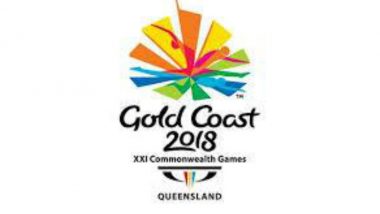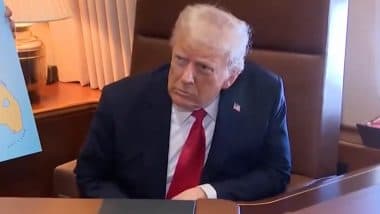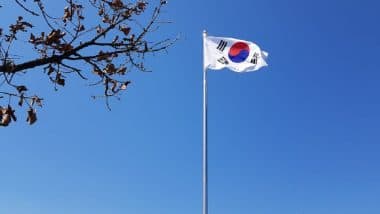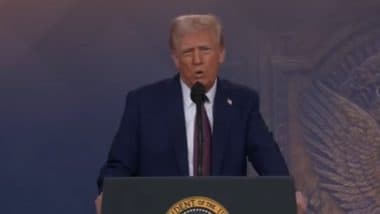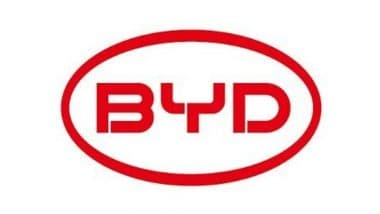Gold Coast, Apr 2 (AFP): About 225,000 condoms, 17,000 toilet rolls, and free ice cream: welcome to the Gold Coast Commonwealth Games village, where athletes and officials will want for little.
Ahead of Wednesday's opening ceremony, thousands of competitors and support staff are pouring into their temporary home on Australia's eastern coast. Organisers hope to make the village as comfortable and safe as possible for the 6,600 athletes and team officials -- and that includes their sexual health.
A large number of free condoms equates to about 34 per person, a robust average of three a day over the 11 days of competition. At the recent Pyeongchang Olympics in South Korea, organizers handed out 110,000 free condoms -- a Winter Games record -- while 450,000 were on offer at the Rio Olympics, where sexually transmissible Zika was a threat.
At the Gold Coast village, competitors can relax with virtual reality computer games, swim, lounge by a man-made waterfall, play the piano or sample the free lollies and ice cream. About 300 chefs will staff the 24-hour dining room, catering to different needs including vegan, vegetarian, halal, gluten-free or lactose-free.
The 1,250 apartments and townhouses that comprise the athletes' village will be sold off or made available to rent from early 2019. The redevelopment of the area is the "most significant legacy project of the Games", organizers say.
Talking about the Games, the Australians have chosen Blue Koala Borobi as the official mascot for the Commonwealth Games 2018. The mascot is blue in color and is named after the Aboriginal Yugambeh language word for koala.
Borobi’s looks is inspired by a drawing of a Brisbane schoolteacher named Merrilyn Krohn. The eye catchy mascot is bathed in blue fur and his peculiar features include colored ears, Borobi also has crimson nose, sunscreen, aboriginal markings on hands and feet, and one thumb on each paw. Each part of the mascot has a specific significance.



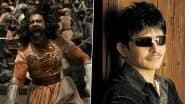
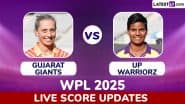
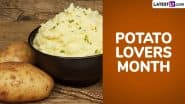

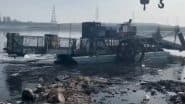
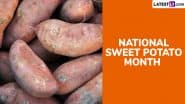
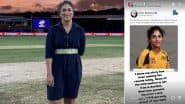



 Quickly
Quickly








